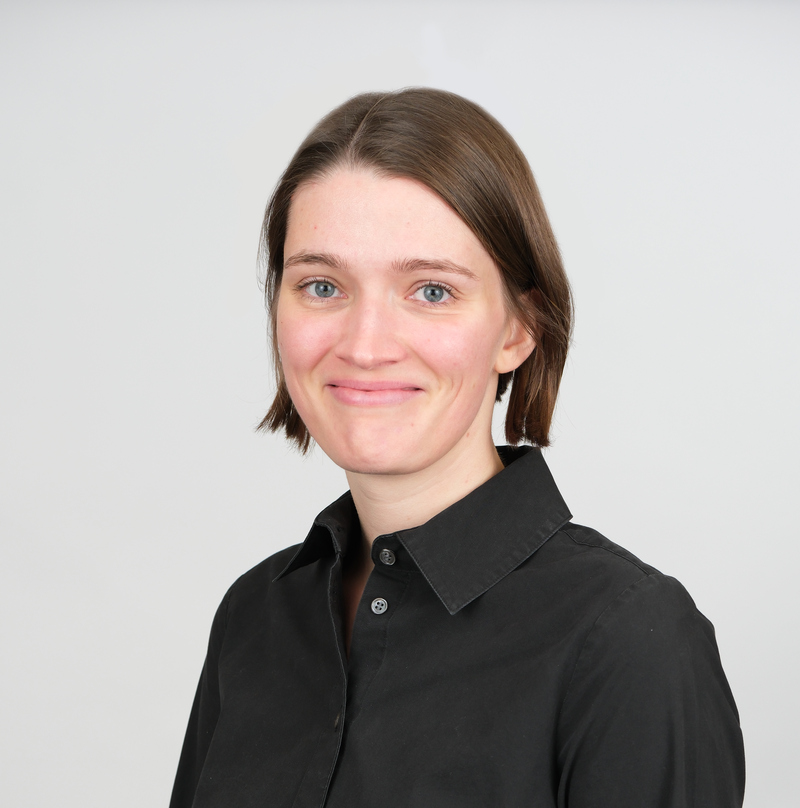The Edna Anderson Taylor Communication Institute Presents: AI and Social Media, a Speaker Series Event
Artificial intelligence (AI) manifests in various forms—from social media algorithms to generative AI tools like ChatGPT and Gemini—shaping the content we encounter online. What does that mean for the effect and spread of misinformation on people’s perceptions of scientific and other societally relevant topics?
This talk will address this question by exploring the roles of both algorithms and generative AI. Specifically, it will cover the challenges faced by academic researchers, who often lack access to the necessary data to produce reliable insights due to information asymmetries between social media platforms and researchers. This lack of access hinders theory building. Nonetheless, conducting research in this area is crucial given AI's pervasive role in current information environments. Additionally, the talk will examine public perceptions of content that contains accurate information as well as misinformation produced by a scientist, generative AI, and a scientist using generative AI.
 Dr. Isabelle Freiling, Assistant Professor of Communication at the University of Utah,
is also a faculty affiliate at the Scientific Computing and Imaging Institute and
the Global Change and Sustainability Center at the University of Utah, as well as
a One-U responsible AI (RAI) fellow. Her research examines the use and effect of media
in both science and political communication. In particular, her work focuses on social
media and misinformation, public perceptions of issues at the intersection of science
and politics, public engagement with science, and open science.
Dr. Isabelle Freiling, Assistant Professor of Communication at the University of Utah,
is also a faculty affiliate at the Scientific Computing and Imaging Institute and
the Global Change and Sustainability Center at the University of Utah, as well as
a One-U responsible AI (RAI) fellow. Her research examines the use and effect of media
in both science and political communication. In particular, her work focuses on social
media and misinformation, public perceptions of issues at the intersection of science
and politics, public engagement with science, and open science.